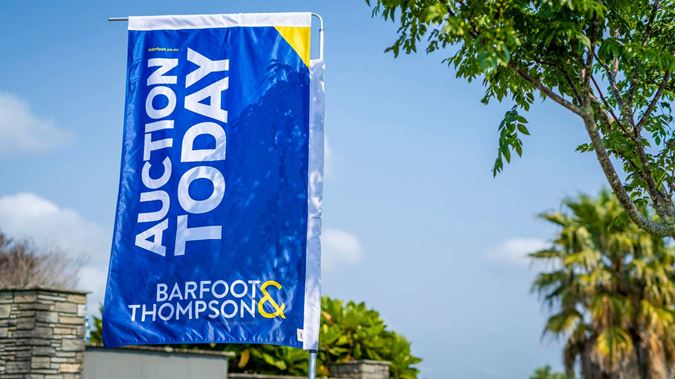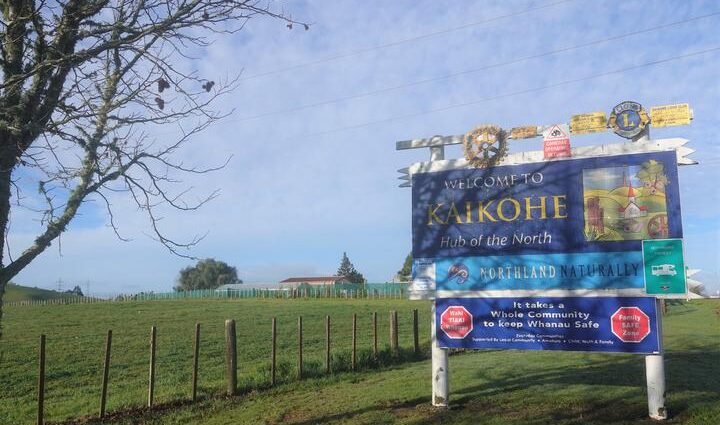PHOTO: When someone buys a home, someone else usually loses a rare rental, Kaikohe real estate agent Sandra Robinson says Photo: RNZ/ Sam Olley
Homes are being snapped up after less than a week on the market in Kaikohe – one of the few places in New Zealand with a median price below $300,000.
But renters and even real estate agents are saddened by some repercussions.
Over the last decade, house prices in the Northland town have risen sharply, while incomes have not.
CoreLogic data says the median house price was $291,000 last month, a 22 percent increase on last year.
In the 2018 Census, the town’s median annual income was $19,000.
A Salvation Army report out this week said “there is no safe place from the housing crisis”.
Kaikohe real estate agent Sandra Robinson said that’s the reality for her community.
She has worked in real estate in Kaikohe for 28 years and is now dealing with the grandchildren of some of her first clients.
Robinson told RNZ for every first-home buyer she worked with there was almost always a heartbroken family losing their long-term rental, amid a housing shortage in town.
“These people and all their children, where are they going to go? These are the worst things for families. You take that into consideration that the kids may have to change schools, they may not even find anywhere. We haven’t really got much in the way of emergency housing here. There’s only a couple of motels. So yes it is a strain and we feel terrible.”
Ministry of Housing and Urban Development has no transitional houses in Kaikohe but there are 27 people in Ministry of Social Development emergency accommodation, with nine places available.
“You have to give a toss about these people,” Robinson said.
In her opinion, the “unprecedented” house price increases are a direct consequence of the high cost of living and shortages in nearby Auckland, and interested buyers from outside of the Far North.
CoreLogic data said Kaikohe landlords have some of the highest returns on investments, in the country, at 7.6 percent last year, excluding expenses.
READ MORE VIA RNZ















